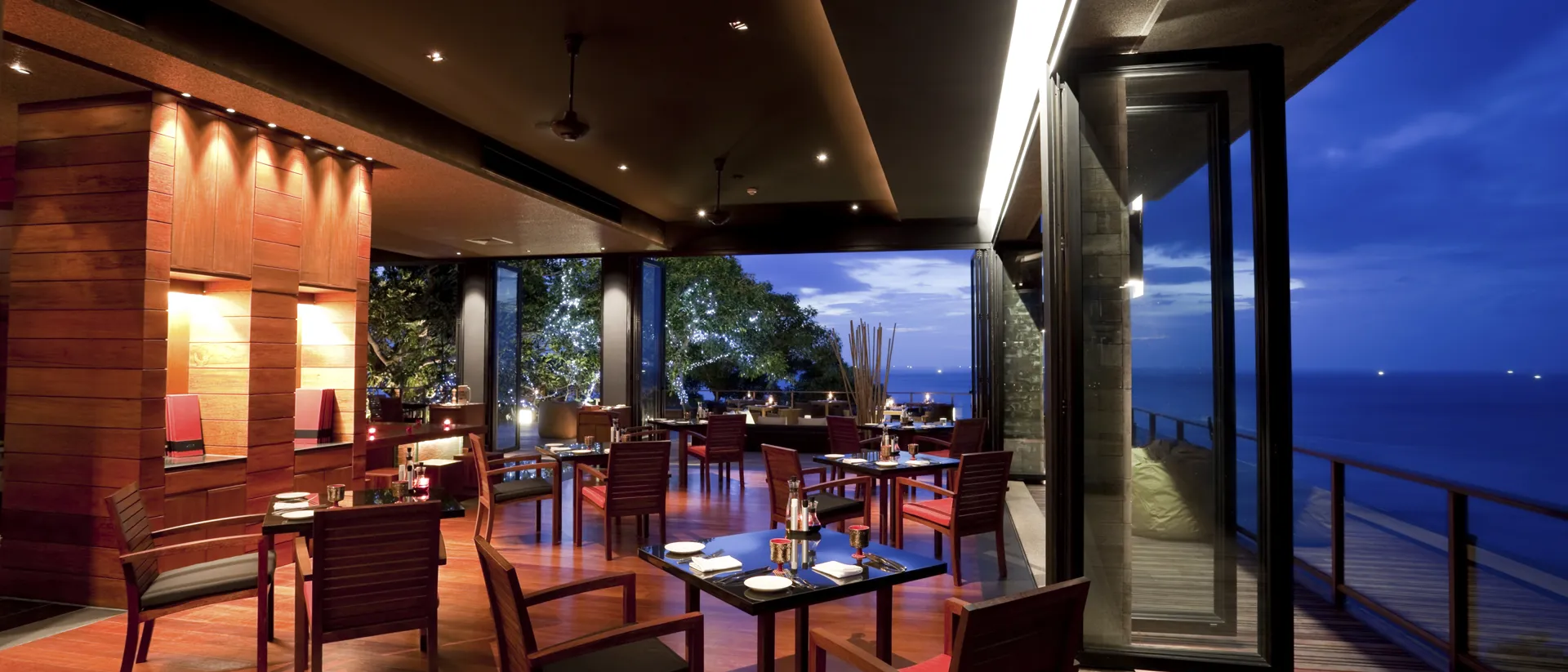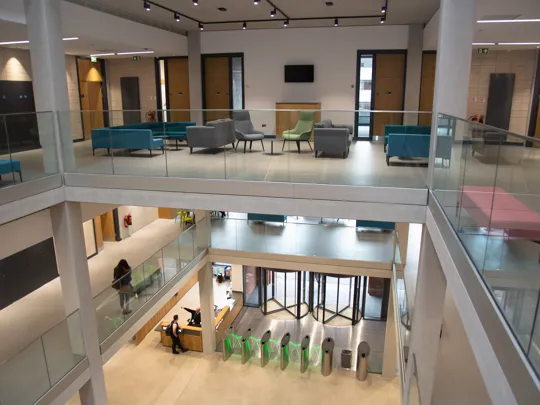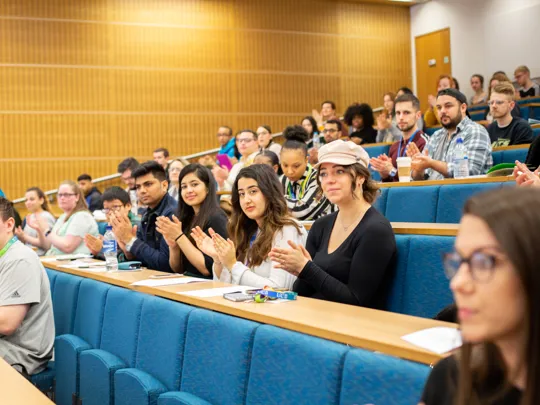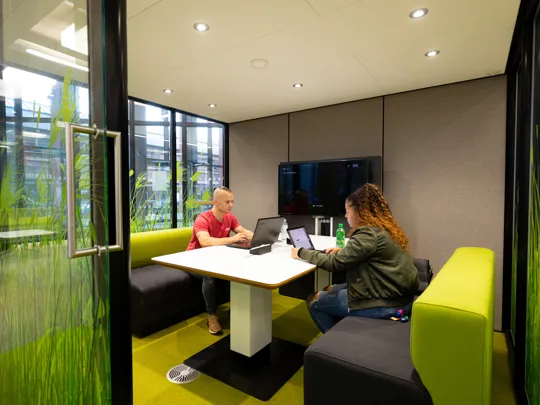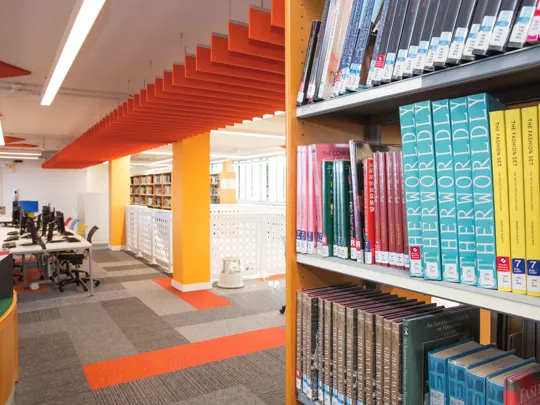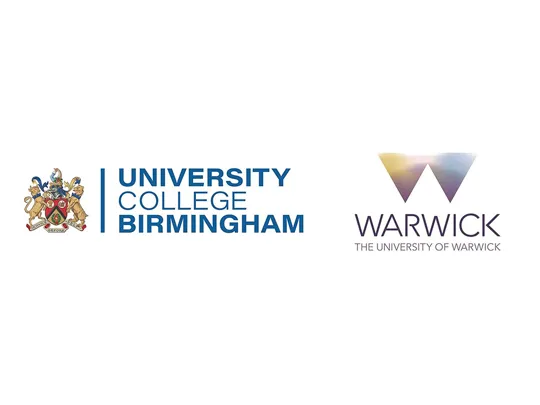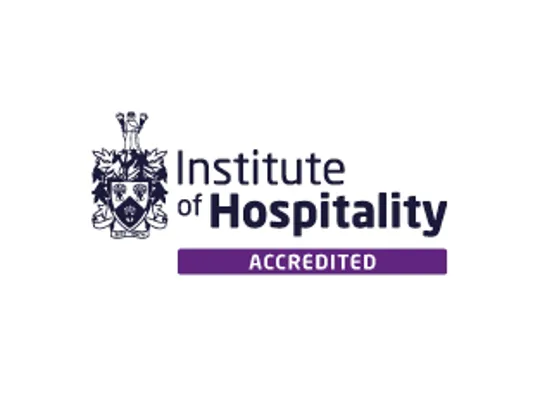of graduate employers say relevant experience is essential to getting a job with them
Why should I choose this course?
- RESIDENTIAL VISIT – Travel abroad for a research trip* – past destinations have included Paris, Madrid, Lisbon, Florence, Barcelona, Krakow and Rome (* subject to visa requirements)
- WORK PLACEMENT (MSc only) – Gain valuable industry experience before you graduate with an optional three-month or six-month placement on successful completion of the taught part of the course
- SPECIALISE YOUR STUDIES – Tailor your course to match your interests and career aims with a wide range of optional modules to choose from
- PRACTICAL APPLICATION – Develop strategic decision-making skills using industry software including Opera and other hotel simulation software, as well as virtual reality technology
- EXPERT TUITION – Our lecturers have a wealth of industry experience to draw from and keep up-to-date on industry developments as well as academic research
- AWARD-WINNING UNIVERSITY – Study at the highest-ranking university in the region according to student choice (Whatuni Student Choice Awards 2023)
Our facilities
Our learning spaces at University College Birmingham ensure you have the right environments to build your knowledge, from lecture theatres to interactive group working spaces and extensive library resources.
Course breakdown
- Postgraduate
Core Modules
Applied Masters Project
The module extends and develops your knowledge and ability in focusing upon, and preparing for, industry research. It introduces you to the disciplines of research techniques, data analysis as well as the design and execution of a research project. The project can take various form s including a traditional dissertation, generating a new enterprise start-up plan , developing a business or marketing campaign, proposing new processes/systems/products/target markets. The aim is to develop your skills and expertise in the essential research tools you will need for both successful postgraduate study and as self-employed entrepreneurs or managers of the future.
International Live Project Management
This module is linked to an overseas visit to undertake a specific consultancy project. By applying your project management skills to an international destination, you will develop your ability to produce management solutions for a real case study. You will get involved with project management at all stages, work in a team whilst leading a particular work package. The collaborative teamwork will focus on developing strategies/ solutions to your given project brief. Please note: the costs of the essential elements of the trip will be covered by UCB.
Leading Across Cultures
The ability to communicate and lead teams across nations and cultures is essential to achieve a competitive advantage in the global economy. The aim of the module is to introduce students to culture as a major force in international business within the context of a globalised interconnected economy. You will learn to understand the importance of culture on management; identify areas in which cultural differences pose challenges as well as examine opportunities in leading people across cultures; and, to become more self-aware of our cultural conditioning, individual biases, and assumptions.
Rooms Division Strategy
In this module you will be provided with the tools required to learn how pricing and online distribution are to devise and manage hotel room rates. You will gain a full understanding of the guest cycle, and the ranges of software used in the industry that support strategic rooms division management. You will also focus on the operation management function of delivering efficient and effective housekeeping services. There will be a focus on contemporary environmental issues and sustainability.
Strategic Financial Analysis
Developing your ability to interpret financial information, such as budget control and investments, enables you to understand the principles of finance within an organisational context. You will examine how managers use financial tools and techniques to enhance the decision-making process and shape the direction of organisations.
Strategic Hospitality Operations Management
In this module you will focus on developing an understanding of the operational aspects of the restaurant and bar sector by evaluating and applying management concepts, models and techniques. You will look for innovative ways to improve outputs whilst considering any contemporary issues and how they may impact on this sector of business.
Choose 1 optional module
Event Strategy
This module will introduce you, through an exploration of the MICE (Meetings, Incentives, Conferences and Events) sector of the international events industry to the skills and knowledge needed to effectively manage events. This module will require you to critically assess the feasibility of a large-scale MICE event project or MICE event facility, such as a convention centre. You will study current contemporary issues and trends within the global events environment, considering project aims, objectives, key stakeholders and the project rationale. There is also a need to critically evaluate the financial viability of business event projects, whilst considering long term return on investment and the impact of business events upon local and regional economies of the host destination. The associated operational requirements that may influence key performance indicators; including project layout and design, logistics and human resource requirements must also be examined, particularly when working in international contexts.
Innovative Enterprise
The new constant is an unstable state of change; winning entrepreneurs and managers will be those who embrace entrepreneurship, digitalisation, and the creation of innovative products and/or services for their organisation. You will investigate the dynamics of entrepreneurship and innovation, to develop skills that will motivate you to devise improved and novel business strategies.
Performance Data Analysis
The focus of this module is to develop skills in the interpretation and analysis of financial and management data to positively influence business performance. You will develop capabilities and knowledge to contribute to the strategic direction of hospitality, tourism, and aviation. It will provide you the skills to master the ability to display and articulate data in appropriate ways to provide meaning to stakeholders.
Risk, Disruption and Future-proof Management
Tourism, aviation and hospitality providers are operating in an increasingly complex and turbulent environment. The pace of change is accelerating. Traditional response strategies to trends, risks and disruptors have often proven ineffective and stifled innovation and long-term success. Accordingly, new mindsets and agile strategies are needed to navigate this disruptive environment. Adopting a multi-disciplinary and cross-geographical approach, you will track the key mega-trends, drivers, risks and disruptions shaping our sectors ; scrutinise and evaluate the range of responses by providers; and develop more innovative approaches to future-proof providers operating with in this disruptive environment.
Strategic Digital Marketing
Strategic Digital Marketing delivers breadth and depth of understanding of digital marketing and provides you with the digital research skills to work at a management or strategic level. Over the course of the module, you will develop practical skills on how to build a comprehensive digital marketing strategy for a live client brief focusing on the latest consumer trends, channels, and tools from the world of digital marketing.
Strategic Human Resources and People Development
In this module you will acquire operational as well as strategic knowledge to effectively manage human resources and manage people within an organisation. The module explores and examines Human Resource Management within a disruptive environment focusing on decision making and current workforce challenges at a strategic level. Key areas of resourcing, talent management and employee relations will be studied in depth to promote a learning culture that prioritises the effective management of people in the workplace.
Optional placement module
Postgraduate Work Placement
The Postgraduate Work Placement module provides you with the opportunities to further develop practical skills, relate theory to practice and to gain a sound base of experience. In addition, the module seeks to develop 'life skills' to assist you in progressing towards a career in management. The placement period offers you the opportunity to experience work in the hospitality industry and to gain academic credit for your learning. It is important therefore that you are given the opportunity to work in an organisation which is both appropriate to their needs and has a professional approach towards training and development. Your needs and any previous experience are taken into consideration, when introducing you to a suitable employer. The staff in the hired@UCB suite will draw on their extensive experience to ensure that the objectives are met as fully as possible.
The modules listed above for this course are regularly reviewed to ensure they are up to date and informed by industry as well as the latest teaching methods. On occasion, we may need to make unexpected changes to modules – if this occurs, we will contact all offer holders as soon as possible.
Entry requirements
Academic
- MSc International Hospitality Management – A grade classification of 2:2 is required, or international equivalent
- PGDip International Hospitality Management – A grade classification of third-class is required, or international equivalent
- A subject-related UK or International honours degree from a recognised institution
Work-based
- We also consider applicants who are currently employed and wish to apply to University College Birmingham.
- To apply, you must have five years of relevant managerial work experience, demonstrating in-depth knowledge of the sector for the subject matter you are interested in pursuing.
- A reference detailing your roles and responsibilities from your line manager and a meeting with the programme team will usually be scheduled prior to a place being offered.
International students
For academic and English entry requirements for EU and international students, please visit the Country Specific Information page.
Please note: As an International Student, when choosing optional placement, a visa extension may be required.
Yi Wen Bau
International Hospitality Management MSc
Key information
Teaching and assessment
Lectures, seminars and fieldwork will provide opportunities for you to explore concepts relevant to your study, while you will also be analysing case studies as a way to understand the link between theory and sector practice.
You will be assessed in a variety of ways to encourage you to develop a range of skills. These include essays and reports, investigative fieldwork, case study analysis, presentations and simulation using industry-specific software.
Our teaching and assessment is underpinned by our Teaching, Learning and Assessment Strategy 2021-2024.
Tuition fees
UK students
If you are a UK student or an EU student with settled or pre-settled status enrolling on an MA/MSc course at University College Birmingham, your fee for the academic year 2024/25 will be £9,350. The fee for the PGDip course is £6,350.
View postgraduate fees
International students
If you are an international student enrolling on one of our postgraduate programmes (e.g. MSc, MA) in 2024/25, your fee for this academic year will be £15,000 per year.
Unibuddy Community - meet other students on your course
Starting university is an exciting time, but we understand that it can sometimes feel a little daunting. To support you, you will be invited to join our Unibuddy Community, where you can meet other students who have applied for the same course at University College Birmingham, before you start studying here.
As soon as you have been made an offer, you will be sent an invitation email to complete your registration and join the Unibuddy Community. For more information, check out our Unibuddy Community page.
Accreditations, endorsements and partnerships
University College Birmingham works with a wide range of organisations to ensure you receive the best possible training and qualifications recognised by industry.
Work placements
Work placements are vital for gaining real-life experience and for building your confidence and skills before you finish your course – and they may even lead to a job when you graduate.
Our master's in International Hospitality Management offers the option of a three-month or six-month placement on successful completion of the taught part of the course, with opportunities available around the UK and overseas. You are required to secure your own placement with the support of our experienced HIRED team.
Note: Students on the PGDip course, or those planning to top-up from a PGDip to a master's degree, will not be eligible for a placement during the course.
Work alongside experts in your sector
A snapshot of some of the employers we have worked with:
- Grand Hyatt (Shanghai)
- Hotel Paris Marriott (France)
- Westin Hilton Head Island Resort and Spa (USA)
- The Landmark (London)
- Hampton by Hilton (Birmingham)
- The Grand Hotel (Birmingham)
- Castillo Beach Resort Hotel (Fuerteventura)

My enquiries were handled really efficiently by staff. When I came here to study, the standards they had set beforehand were kept very high. I would say my favourite element of the course was being able to interact with and learn from the intelligent and highly experienced lecturers.
Career opportunities
The example roles and salaries below are intended as a guide only.
Conference centre manager
Average Salary: £36,000
Event manager
Average Salary: £33,000
Restaurant manager (fine dining)
Average Salary: £31,000
Catering manager
Average salary: £22,000 - £45,000
Hotel manager
Average Salary: £35,000
Sales and marketing manager
Average Salary: £35,000 – £40,000

Rahul’s Story
Managing within a luxury hotel group in India, Rahul discovered how his master’s degree could be applied to his day-to-day work.
Meet your lecturers


Prof Michelle Callanan
Deputy Dean (School of Business, Tourism & Creative Industries)
Meet Michelle






